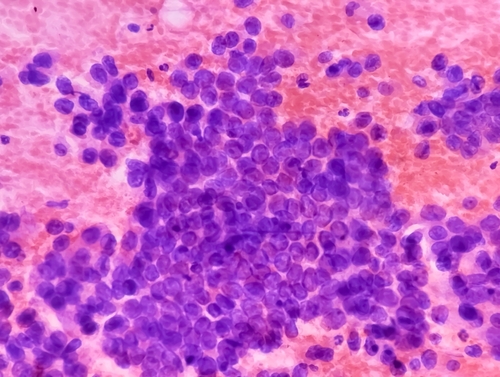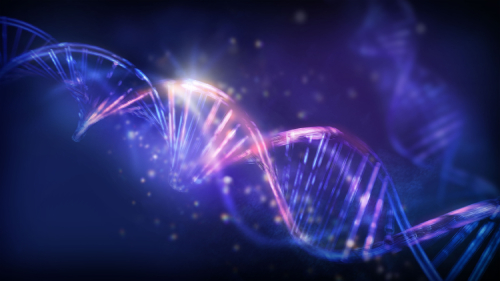
Core-needle biopsy (CNB) performed immediately after coaxial microwave ablation (MWA) might allow for the diagnosis of genomic testing in 90.9% of solid tumor non-small cell lung cancer (NSCLC) cases, recent research showed.
The single-center, retrospective study, led by Sheng Xu and colleagues in China, included 33 patients with solid NSCLC lesions. Patients had to be at least 18 years old, had a solid tumor with a diameter ³ 1 cm, and had an Eastern Cooperative Oncology Group performance status of 0-3. The group was made up of men and women, and most patients had advanced-stage disease (72.7%). Prior treatment consisted of surgery (12.1%) and tyrosine kinase inhibitors (15.2%).
Coaxial MWA and CNB were performed with a power of 30 or 40 watts in MWA between the pre- and postablation CNB, followed by continuous ablation after the second CNB on demand.
Results of the study, published in Cancer Imaging, showed two patients without atypical cells and 3 patients who had the technical failure of genomic testing in postablation CNB. In 30 patients, no significant difference was found for the comparisons of DNA/RNA extracted from pre- and postablation CNB.
“This study indicated that the quantitative analyses of DNA/RNA may not be influenced significantly when the MWA between pre- and postablation CNB was performed at a power of 30 or 40 watts and ablation time within 5 minutes,” the authors wrote.
The most common adverse events were pneumothorax and postablation syndrome.







 © 2025 Mashup Media, LLC, a Formedics Property. All Rights Reserved.
© 2025 Mashup Media, LLC, a Formedics Property. All Rights Reserved.